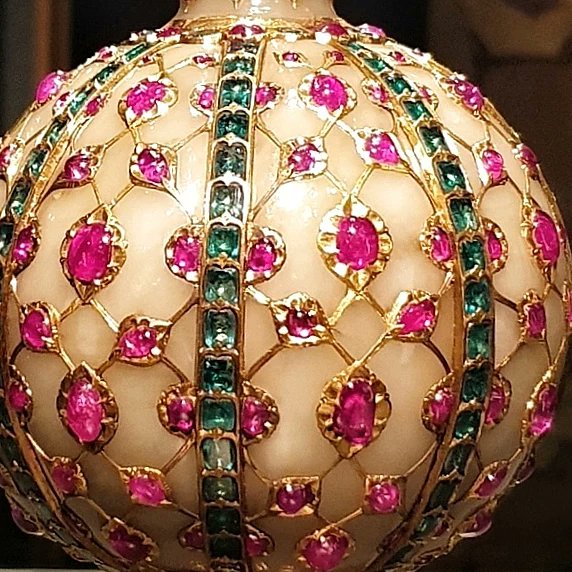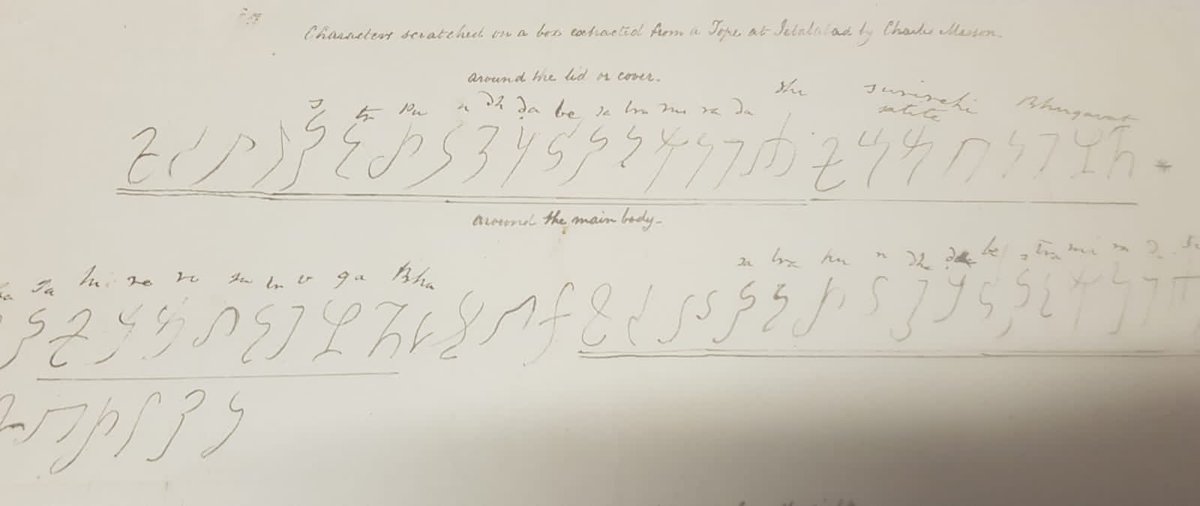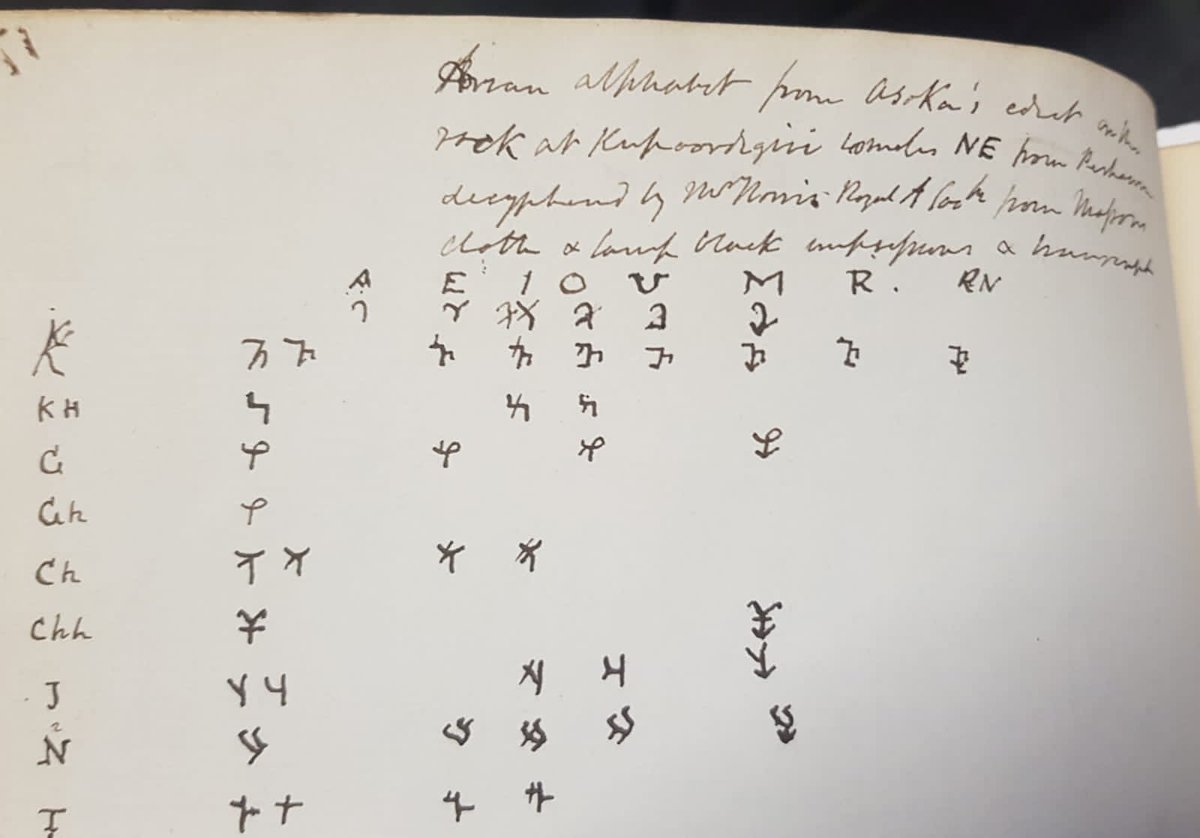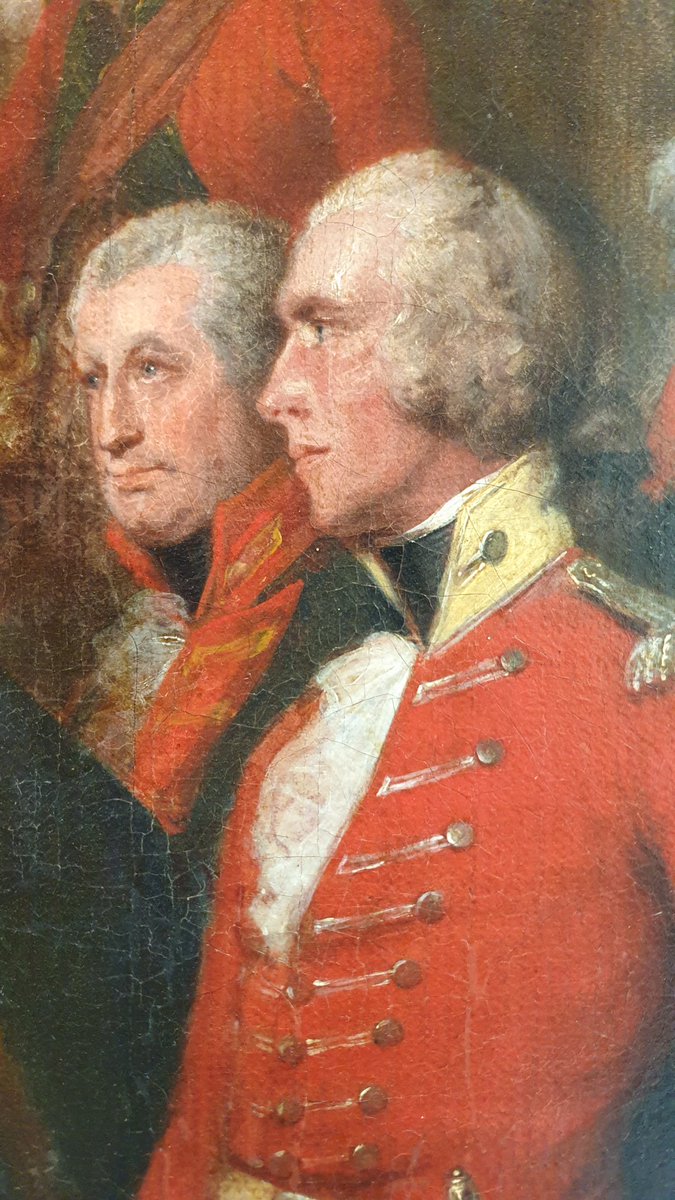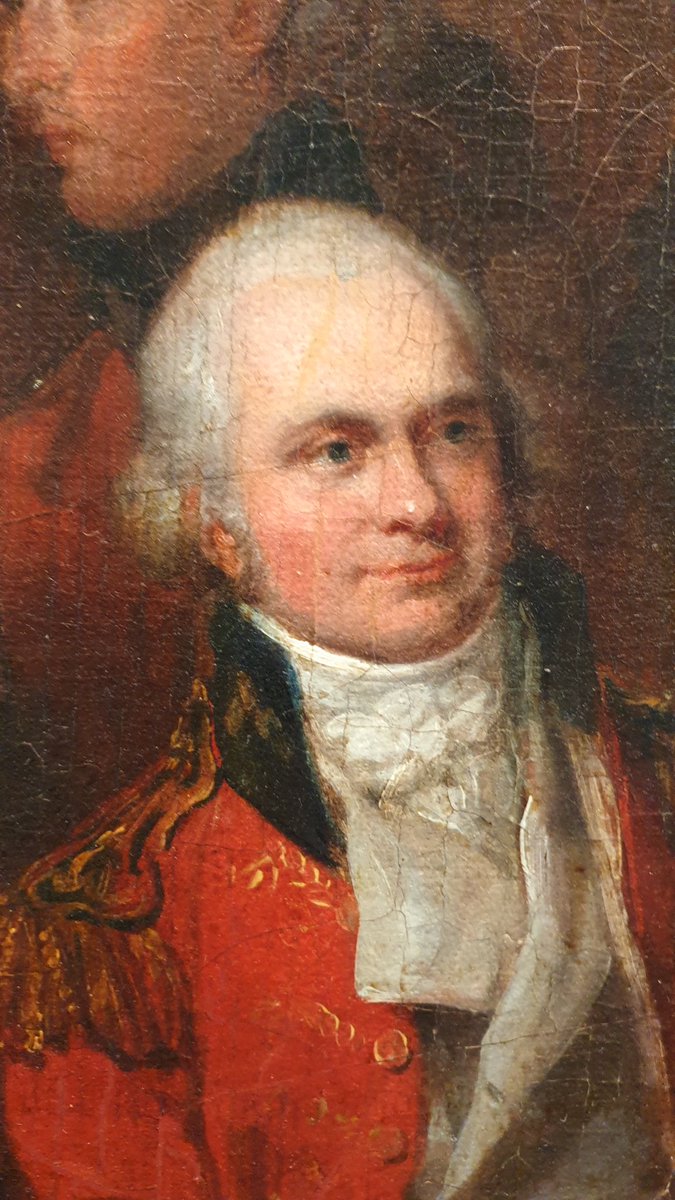
My beautiful Anglo-Bengali great great grandmother, Sophia Pattle. She had quite a life: born in Chandernagar, educated in Versailles and married in Calcutta, she brought up her children in Little Holland House in Kensington, then a village outside London. 

In Little Holland House she lived with her sister, Sarah, Sarah's husband Henry Prinsep, a Sanskritist who opposed Macaulay's Anglicising reforms & wrote the first English-language history of the Sikhs. 

Also living in Little Holland House was the painter GM Watts, then known as 'England's Michelangelo' who came to lunch and stayed for 35 years. 

Another of her sisters was the pioneering photographer, Julia Margaret Cameron, who used Little Holland House as an open air studio 
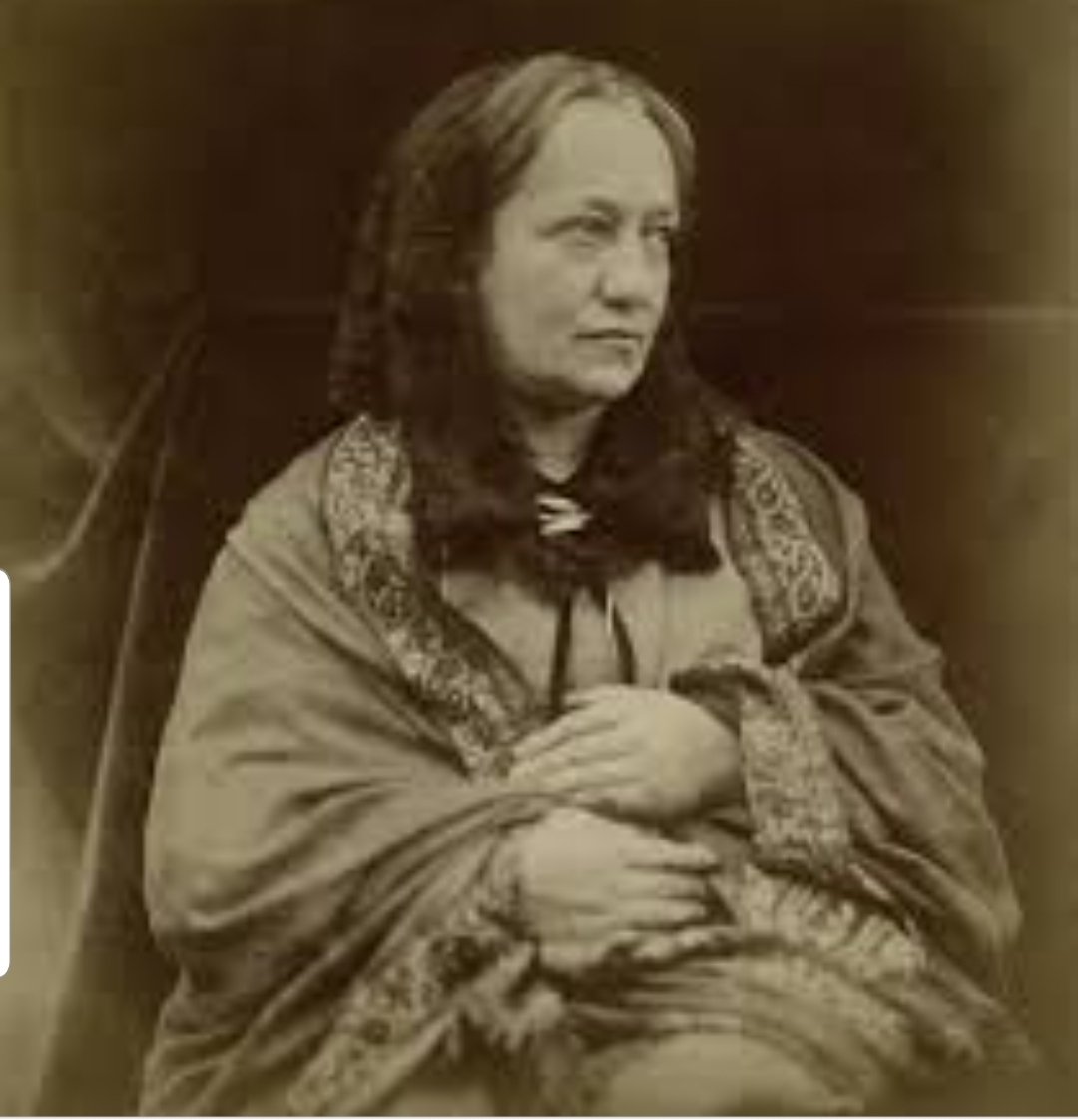
In Little Holland House Julia would dress up Alfred Lord Tennyson and Cardinal Vaughan as King Arthur and Lancelot, and make them sit still for her 15 minute exposures. 



Sophia was a muse not just to Watts, who painted her often, but also to Burne-Jones, who fell in apparently unrequited love with her, and also Rossetti. 

She moved briefly to Scotland with her husband, but found it too cold and on his early death moved to Monte Carlo
1,2,3, 6&7 by Watts


1,2,3, 6&7 by Watts



In her old age in Monte Carlo she played Spanish guitar and entertained her great niece, Virginia Woolf. 

• • •
Missing some Tweet in this thread? You can try to
force a refresh


